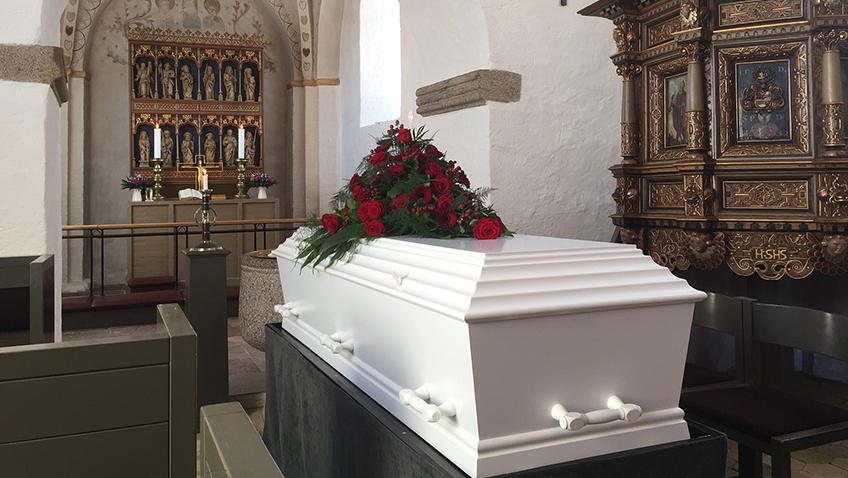“In this world nothing can be said to be certain, except death and taxes.” So said Benjamin Franklin, shortly before his own demise in 1790.
The only certainty about death nowadays is that it gets more and more expensive.
Now I know that most people don’t want to face up to their own mortality and that discussions on death are one of the great remaining taboos in our society, but it is a fact of life and, not wishing to be too glib about it, it will come to us all one day.
The problem is, of course, what do you do when a loved one dies? It’s not something we all have experience of and it’s obviously an emotional and distressing time for many, but it’s also a time when decisions have to be made, often quickly, about what happens next.
In simple terms, when a loved one dies, there are three things that need to be done, and done in the right order. They are:
- Get a death certificate from either the GP or a hospital doctor – this will be needed before you can register the death.
- Register the death within 5 days (8 days in Scotland). If the deceased died on a ship or aircraft then the death must be registered in the country that the ship or aircraft was registered in.
- Arrange the funeral – you can either do this yourself or, as most people do, employ the services of a funeral director.
When arranging the funeral, difficulties can occur, especially if the deceased has not left any instructions. For example, do you go for burial or cremation and do you have a religious or a non-religious ceremony? These are just two of the decisions you will have to make.
You then have to consider the cost – funerals are not cheap nowadays – an average funeral is estimated to cost just over £4,000. You have to consider where that money is coming from. Is it from a pre-paid funeral policy or has it got to come from the deceased’s estate? These are some of the things that will need to be paid for:
- Burial fees and the purchase of a burial plot.
- Cremation fees, including the cost of the doctor’s certificate.
- General funeral expenses, such as funeral director’s fees, flowers, the coffin, cars to get to and from the cemetery / crematorium.
- The cost of moving the body within the UK, if it’s being moved some distance.
- Death certificates or other documents.
- The wake or celebration of life.
Fortunately, help is available if you cannot afford to pay. If you’re on a low income and receive certain benefits you may be eligible for the government’s Funeral Payment Scheme. If you find yourself in this position, visit: https://www.gov.uk/funeral-payments to determine exactly what help is available to you.
A cheaper alternative could be a direct cremation. To find out more you can read our article on this subject by following this link.




